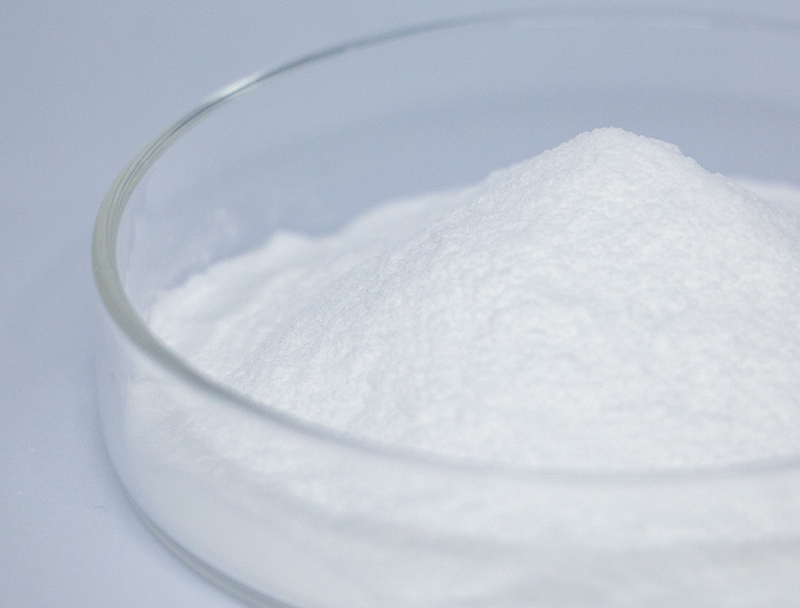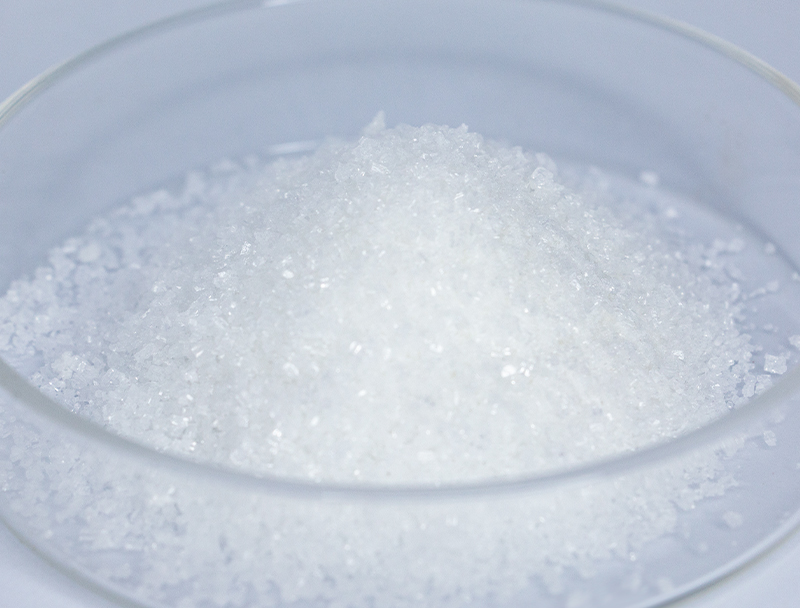
Large-scale bioproduction hinges upon an extensive collection of primary inputs for generating cutting-edge biobased goods.
Preserving ethical acquisition of feedstocks underpins enduring viability and ethical market growth.
diverse obstacles inherent in legacy sourcing approaches including biodiversity loss and excessive resource use. Accordingly, companies are required to implement regenerative sourcing methods to mitigate footprints.
- Models of sustainable material sourcing include:
- Adopting organic-origin materials from crop remnants
- Establishing regenerative loops to cut waste and elevate material utilization
- Partnering with local suppliers committed to ethical sourcing practices
Embracing sustainable procurement produces environmental benefits with profitable potential.
Enhancing Biomass Composition for Superior Biofuel Results
Enhancing biofuel output is grounded in superior feedstock characteristics. Analysts tirelessly probe advances to elevate feedstock conversion, leading to higher yields of biofuels and a more sustainable energy future. Approaches include genomic enhancements to boost biomass growth and processing methods to convert complex lignocellulose into fermentable sugars.
- Likewise, initiatives explore candidates such as algal biomass, process wastes, and agricultural leftovers to extend sustainable feedstock availability for fuels.
- As a result of relentless efforts the industry should deliver significant enhancements paving a path to sustainable energy.
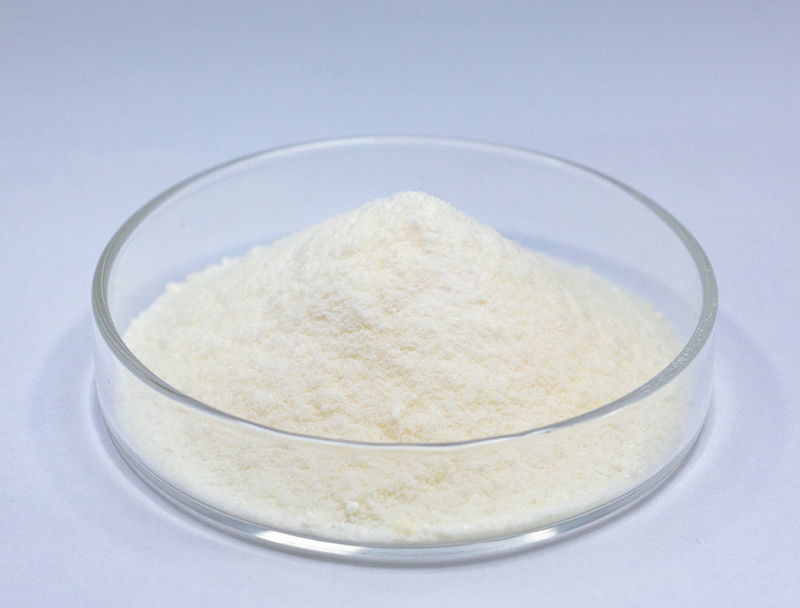
Next-Generation Upstream Methods in Biopharmaceuticals
embraces initial workflow stages from growth to harvesting Recent advances in this domain have led to improved production processes, ultimately increasing product yield.
Meaningful breakthroughs include engineered cell strains, enhanced culture formulations, and modular reactor designs. These advances improve throughput while lowering both operational expenses and ecological footprints.
- In addition, momentum toward nonstop processing offers improved flexibility and optimized operational flow.
- Embracing sophisticated manufacturing strategies is poised to change industry norms and shorten development cycles.
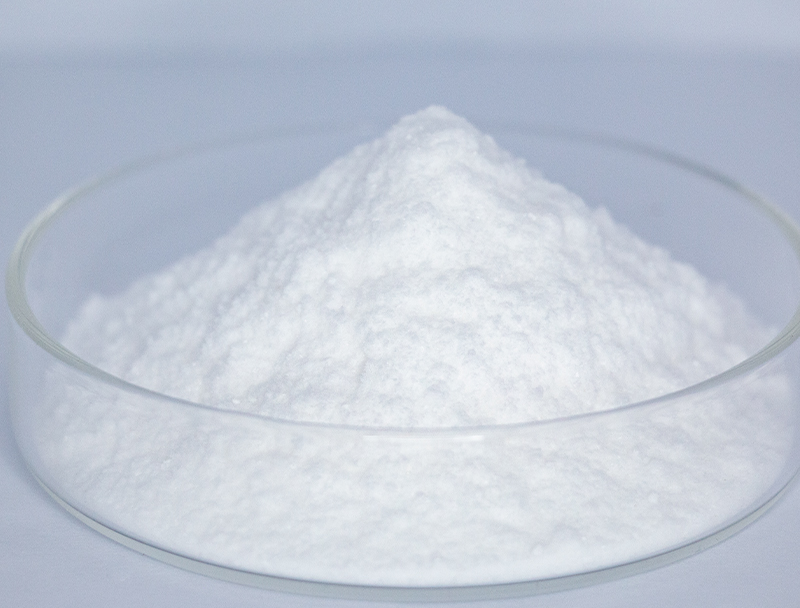
Advances in Gene Editing to Boost Therapeutic Production
breakthroughs in precise gene modification systems have reshaped biopharma production. Via deliberate gene edits, teams amplify protein expression for higher yields. Such strategies offer promise to create cost-effective, high-efficiency therapeutics across many disease areas.
Microbial Biotechnology as a Sustainable Cleanup Strategy
progressive microbe-based cleanup tactics that mitigate industrial pollution. Certain microbes have capacities to biotransform contaminants into nonharmful forms.. Utilizing microbial metabolism supports eco-friendly site cleanup methods that limit secondary harm from remediation.. Laboratories test microbial species for efficacy against metals, pesticide pollutants, and oil-related contamination. These microorganisms can be employed in bioreactors or directly at contaminated sites, promoting the breakdown of pollutants through biodegradation processes..
Biotechnology-driven remediation delivers notable upsides compared to conventional cleanup tactics. Microbial remediation can cut expenses and limit harmful secondary emissions. Likewise, microbial systems can selectively degrade contaminants while sparing the wider environment. Work in this area evolves rapidly to optimize the success rates and scalability of bioremediation solutions.
Computational Biology in Drug Discovery
Digital bioinformatics methods are central to evolving therapeutic discovery processes. From identifying potential drug candidates to optimizing their efficacy and safety, bioinformatics enables a more efficient and data-driven approach.
- Using extensive genomic, proteomic, and patient data, analysts discover targets and anticipate therapeutic performance.
- In addition, predictive simulations inform medicinal chemistry efforts to craft more efficacious drugs.
- Ultimately, bioinformatics modernizes development workflows and expedites access to safe, beneficial medicines.
Metabolic Engineering Strategies for Enhanced Bioproduct Synthesis
employs a variety of strategies to augment the synthesis of valuable bioproducts within microorganisms. Strategies involve pathway refactoring by genetic modification, expression modulation for balanced flux, and grafting of novel genes to add capacity.. Through careful adjustment of metabolic routes engineers can markedly elevate product titers.
This multifaceted approach has the potential to revolutionize a broad range of industries, including biopharmaceuticals, agriculture, and bioenergy.

Barriers and Benefits When Expanding Biopharmaceutical Manufacturing
Expanding production volumes poses difficult barriers yet offers substantial opportunities. Sustaining uniform quality across expanded production capacity is a principal challenge. Addressing it demands strong process governance, accurate real-time analytics, and advanced measurement systems.

Also challenging is the layered complexity of biomanufacturing encompassing numerous sequential steps.. Refining processes for commercial volumes demands deep R&D investment and novel engineering solutions.. Still, the gains can be meaningful. Skilled scaling can enlarge supply, lower prices, and increase profit potential.
Various efforts target the core issues of industrialization. They encompass new process-improvement tools, in-line analytics for continuous oversight, and creative manufacturing approaches.
- Research and development activities are central to evolving manufacturing capacity.
- Government agencies are streamlining review procedures to permit quicker uptake of new production technologies and foster innovation.
Understanding Regulatory Oversight to Ensure Biopharmaceutical Quality
Producing biopharmaceuticals demands comprehensive oversight to guarantee safety and clinical effectiveness. Biologics sourced from living systems pose distinct regulatory and manufacturing complexities versus small-molecule drugs.
Agencies such as the FDA in the United States and the EMA in Europe play a crucial role in establishing guidelines and standards for the approval of these innovative therapies..
Extensive evaluation procedures are essential across development phases, spanning preclinical work to post-market checks.. These steps are designed to surface risks and verify that biopharmaceuticals comply with elevated safety thresholds..
Also, governing institutions evolve their strategies to respond to swift advances in biopharmaceutical science.. This includes embracing novel technologies and facilitating the development process while maintaining a commitment to patient well-being.
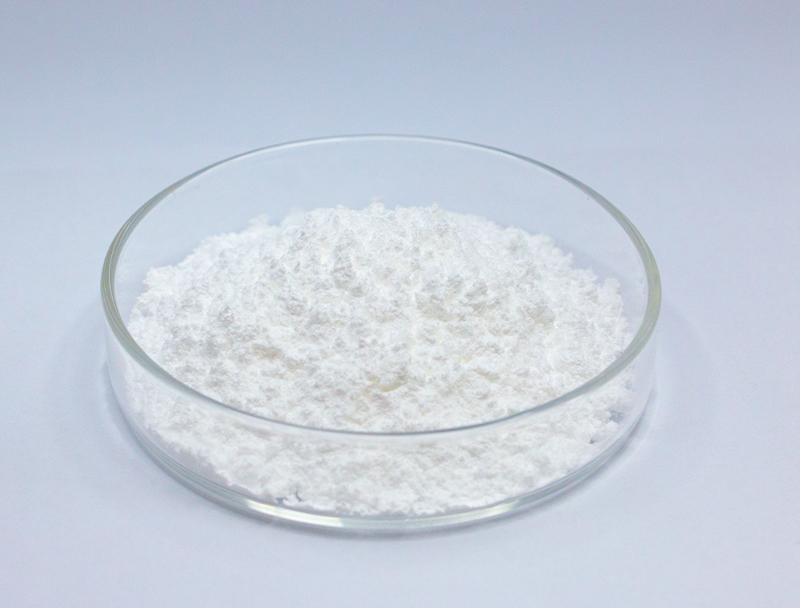
Plant-Based Biomass Options for Bioplastic Manufacturing
Increasing interest in sustainable materials spurs innovation in renewable resource development. Plant-based bioplastics made from biomass feedstocks present a hopeful path to reduced plastic impact. Biomass sources such as cornstarch, cellulose, and sugarcane are usable to produce plastics that biodegrade and reduce ecological impact.
In addition, certain bioplastics match performance of petroplastics, enabling broad applicability in multiple sectors.. Continued research and innovation in this field are crucial to unlocking the full potential of plant-based biomass feedstocks in the manufacture of sustainable bioplastics, paving the way for a circular economy.
Biotech Contributions to Global Health and Crop Productivity
Biotech provides transformative capabilities that can change healthcare outcomes and strengthen food systems. Through advancements in genetic engineering, synthetic biology, and cell therapies, biotechnologists are developing innovative solutions to combat infectious diseases, improve crop yields, and enhance nutritional value.. Illustratively, crops altered for pest resistance and stress endurance support increased harvests and diminished pesticide usage.. Additionally, biotech enables faster vaccine development, novel antimicrobials, and precise diagnostics critical to 2-Ketoglutaric acid infectious disease control and health improvement.. With persistent development, biotech stands to offer transformative solutions for global health and long-term food security.
